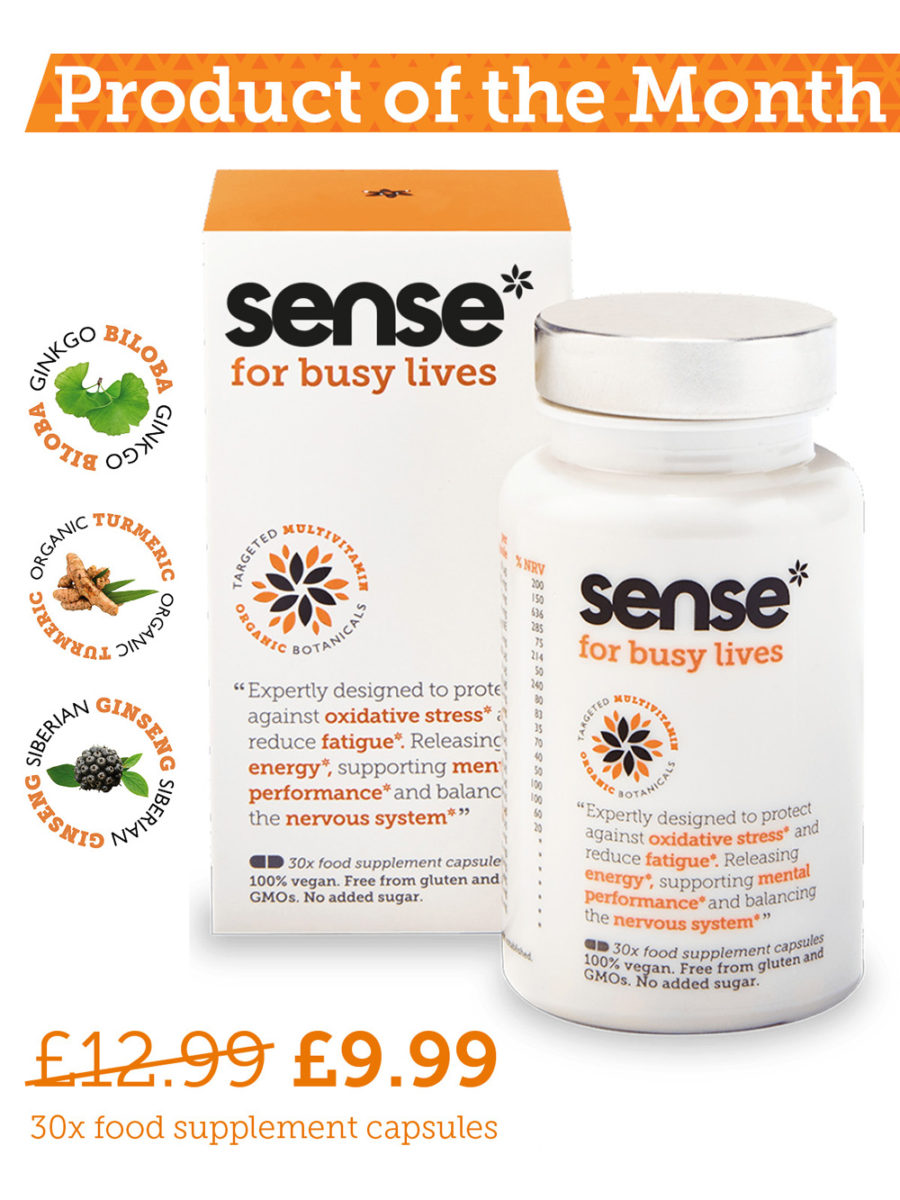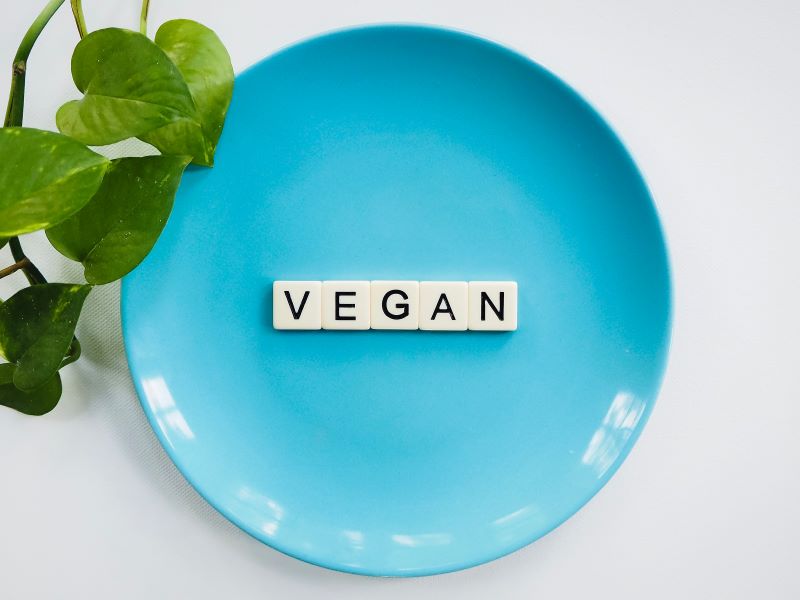
By Joan Ebsworth, guest writer for sense*, biologist and mother of sense* Founder, Jonathan on the difference in vegetarian and vegan health. Should there be one?
What is the Difference?
Vegetarian and vegan health is a topic. My view is that a vegetarian should be a person who does not eat any animal product.
Yet I have friends who call themselves “vegetarian” and they eat fish or chicken.
Well, obviously they are not vegetarians as those are dead animals that they are eating. They should call themselves pescatarian or omnivores or even something that is trendy now, a flexitarian.
I am a zoologist, and so I think that I am able to identify an animal or its by-products. It seems that many people can’t do this.
Here are two simple recipes that are vegan but in my view should be called vegetarian.
Sweet Potato and black bean chilli
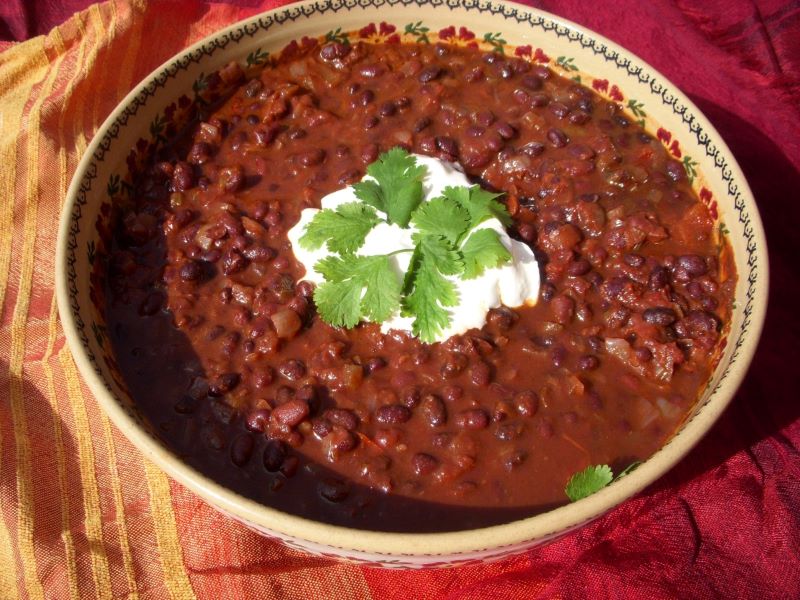
Walnut Pate
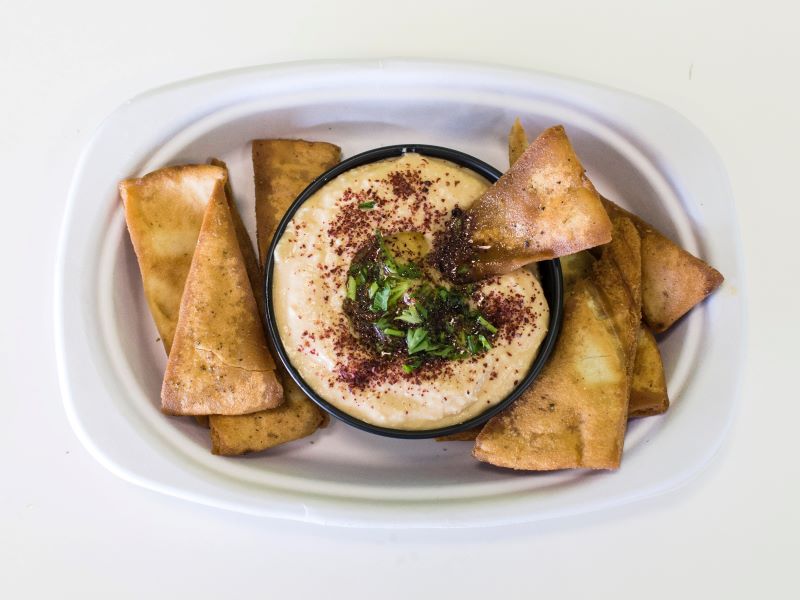
Vegetarian is Vegan in my view
Then there are “vegetarians” who eat eggs and dairy products (and honey).
Honey is an animal product that humans steal from bees and we wonder why bees are becoming so susceptible to infections.
They are not truly vegetarians either but technically are called lacto-ovo vegetarians.
No animal is actually slaughtered to provide a product such as cheese, milk, eggs or honey but these animals are exploited. They are kept permanently pregnant (not the bees) to enable humans to utilise their by-products.
The thought of any animal being exploited in any way is abhorrent to me.
Why do we drink milk?
Milk, zoologically is a product to feed a baby mammal until it is weaned. Then the mother stops making it and the young animal, say a calf then eats grass.
Milk from different mammals suits the newborn baby of that species.
Humans were never meant to drink the milk of a cow. It won’t kill us but many people have serious intolerance to it.
Human babies should have human milk until weaned and then stop. If you want to drink milk after this, then go for almond or coconut or rice or oat etc, there are plenty to choose from.
Enter Vegans
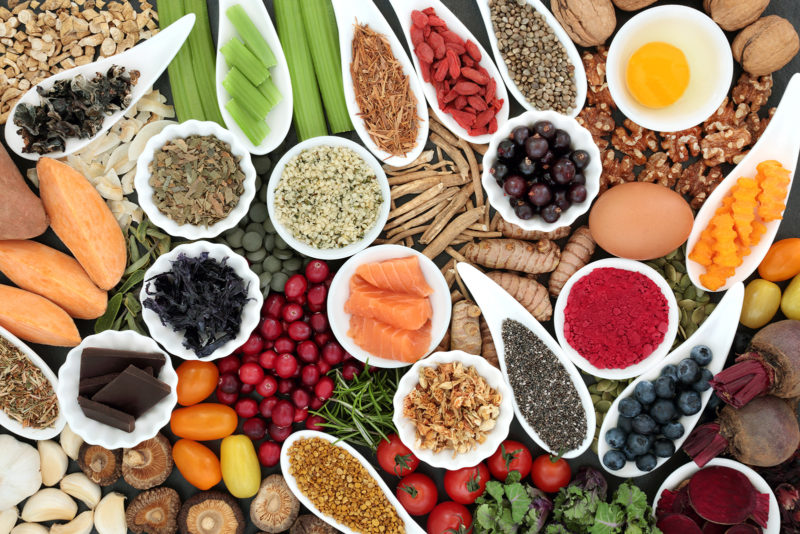
Because of all of these variations the term vegan has been introduced. Supposedly to indicate that the person is really extreme and eats no animal products. Wow!!
That is what vegetarians are supposed to do in my view.
There is really no need for this term as the word vegetarian should cover it all. Sadly it does exist though and so we have to use the term vegan.
Is it healthy to be a true vegan?
Yes it can be very healthy but equally it can be no better than any other way of eating. Vegetarian and vegan health is not guaranteed.
Vegans and vegetarians can still eat highly processed food full of toxic chemicals, food additives and sugar – and do.
My son’s partner is a “vegetarian” and when staying away from home seeks out the nearest vegetarian or vegan restaurant to eat in the evening. In Plymouth she managed to find a vegan restaurant only to find burgers, processed vegan cheese and vegan bacon on the menu. She wanted a superfood salad and promptly left.
None of that is healthy. Eating Quorn is also a good example. It is a highly processed food usually imitating meat products. The nutrition value as a result is negligible.
Look out for toxins
The plants that vegetarians and vegans eat can be just as toxic too from pesticides, herbicides and the soil that they are grown in.
Plants are made up of what they are provided with in terms of micronutrients and chemicals to make them grow big. To provide more income for the farmers who grow them. Cynic that I am.
Then there are the plants that are grown via hydroponics or getically modified organisms (GMO)! What is all the fuss about?
GMO – intrinsically if done ethically there should be no issue. However, plants that are GMO are modified for a specific reason. To allow more toxic chemicals such as pesticides and insecticides that kill unwanted weeds and insects to be used without killing the crop itself.
Hydroponics – has the same issue when done at scale. More and more chemicals are used which the plant sucks up from the solution it is fed. Which you then end up eating. Yuck!
Do You need to supplement?
As for the vitamins and minerals, we should be making enough naturally if the food supply was good enough. But it isn’t.
There is much written about the difficulties that vegans face nutritionally because they don’t eat meat. I have to say that I haven’t experienced this.
However, this is probably due to the supplements I take and have always taken. For example, I have always taken a B complex supplement so have never had a problem with B12 deficiency.
B12 is a more complex issue than most people think. Just eating meat won’t prevent a B12 deficiency.
There is new research out that explains why B12 deficiency is so common. If you don’t have the right bacteria in your gut then you won’t be able to absorb it. Also common reasons for malabsorption are intrinsic factor and stomach acidity. Read more about vitamin B12.
My husband found this out. He was eating meat and was deficient. Whereas I was a vegan and wasn’t in any way deficient.
Vitamin D is another discussion. It is very relevant in the debate over COVID-19. In Spain I have lots of sunshine but if in the UK, I suggest you get as much sunshine onto your skin as possible, no sunscreen for 30 minutes or more. There are vitamin D supplements from plant sources too so no excuse for deficiency. The right dose is another question!
I just believe that we all lack enough of these very important vitamins in our diet because the food supply is so poor. So I have been taking them every day for 60 years!
There Needs to be a balance
I know that the world has a lot of mouths to feed. I know too that many people can’t afford to feed themselves or their families on high quality foods.
It is a real dilemma.
I love to advise people to eat as many organic fruits and vegetables whenever they are able.
Sadly it isn’t always possible.
Side effects of toxic farming
hen there is the fact that organic farmers often have their crops sprayed with pesticides and herbicides from neighbouring farmers. I understand that there is little that they can do about it.
Even organic farmers are permitted to use certain chemicals on and in their crops, hopefully without affecting vegetarian and vegan health.
Then there is the issue about whether you can actually trust an “organic” label on a product.
It is a minefield but we can only do the best that we can to keep ourselves and our planet healthy. To be absolutely sure, grow your own vegetable!
Has it worked for me?
I became a vegetarian 51 years ago at the age of 30. I gave myself just 2 years of trial and error. Telling my family that I would become an omnivore again if it didn’t work out for me.
Well here I am 51 years later. Vegetarian and vegan health has worked for me.
I am still studying the subject but I could never ever go back to eating dead animals. As well as ethical reasons I do have my biological and environmental reasons too which I will expand upon another time.
Before you take the plunge though please do a lot of studying as you must feel totally confident that you are doing the right thing for you .
Good luck.
This is not a sense* article. The views expressed in this article are those of the author so there may be opinions or statements in this article that are not approved by sense* and do not represent the views and opinions of the company.


